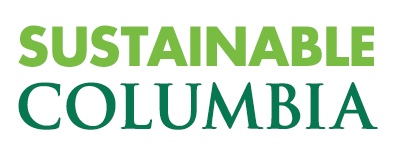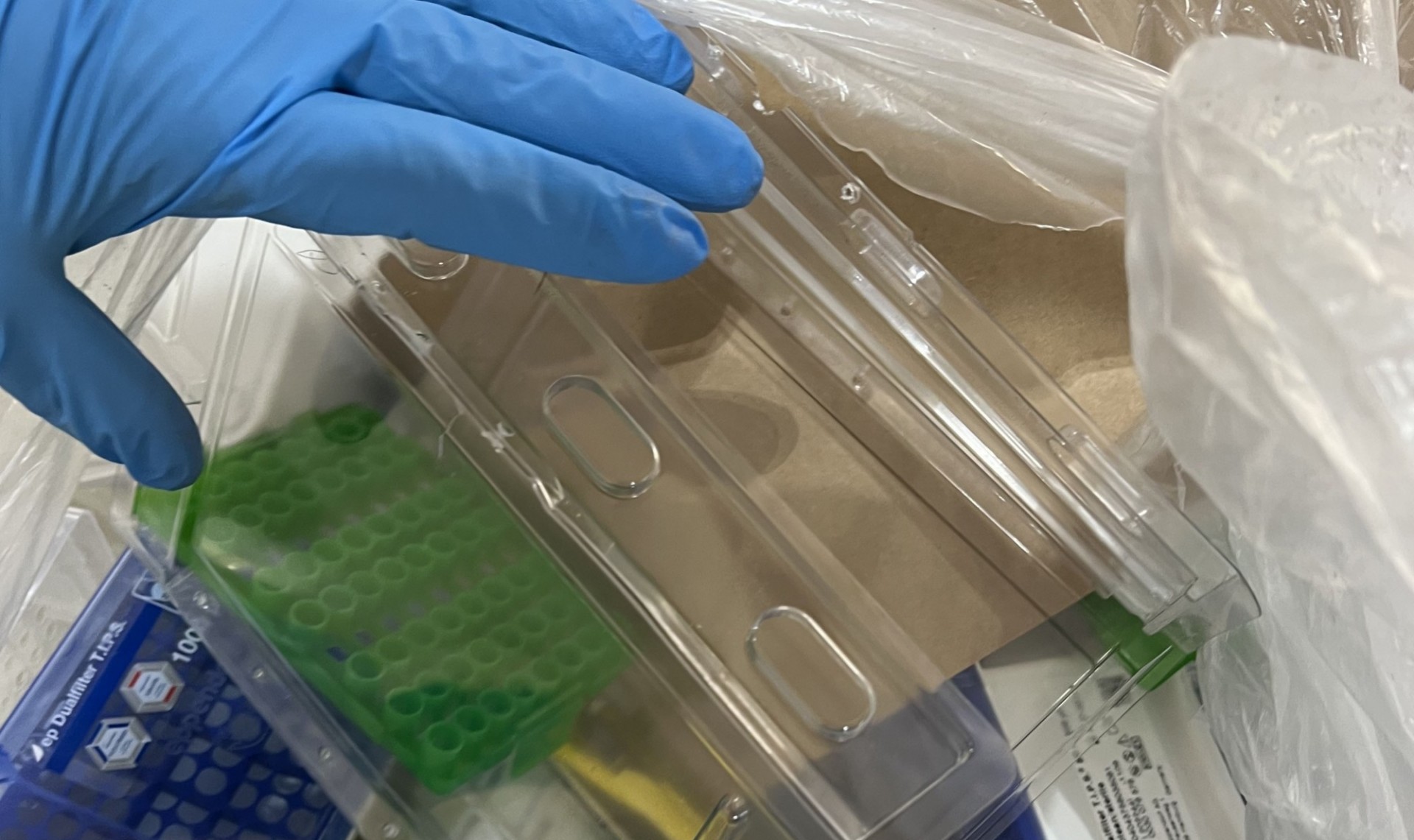Columbia University Irving Medical Center (CUIMC) recently requested proposals from consultants to quantify the waste generated across all campus locations. The purpose of this audit is to provide information on CUIMC’s current waste management practices, establish baseline data for building-specific waste collection, and identify areas to improve existing waste programs, reduce cross-contamination in recyclables, and strengthen waste infrastructure.
The key requirement for the consultants was to identify pathways to zero waste and gaps in current operations. During the waste audit process consultants were asked to provide detailed breakdowns of waste streams, including cross-contamination, organics collection, and current and potential diversion rates. This will pave the way for aligning CUIMC’s efforts with Plan 2030 and NYC’s zero waste goals.
Waste streams examined in the audit include:
- Recyclables such as Metal, Plastic, Glass, Carton, and Mixed Paper
- Non-Hazard Trash
- Organics
- Universal Waste (e.g., batteries, toners, cartridges, lamps, and ballast)
- Electronic Waste
- Construction Waste
- Cardboard boxes
- Furniture and construction equipment waste
- Shred-It program
- Other relevant waste materials
CUIMC structured the deliverables into three phases of which Deliverable 1 has been completed.
Deliverable 1 (3-6 months): COMPLETED
- Generate waste profiles for each building through comprehensive audits
- Provide breakdowns of waste streams and costs by material type
- Measure actual diversion rates and identify potential improvements
- Offer recommendations for infrastructure upgrades and associated costs
- Update materials staging and disposal procedures
- Make suggestions for compliance with local, state, and federal requirements
- Recommend tailored educational programs for occupants based on building type
Deliverable 2 (6-18 months):
- Implement the sustainable waste management plan developed in Deliverable 1
- Provide procurement support for waste management infrastructure upgrades in collaboration with Columbia Procurement
- Develop educational materials, including semi-annual trash training, student orientations, and employee onboarding presentations
- Ensure the effectiveness and compliance of the waste management program throughout the contract duration
- Deliver building-specific and overall waste-centered sustainability reports, including metrics on waste generation, diversion rates, and Scope 3 GHG emissions resulting from waste
- Offer quarterly and annual metric reporting
- Optional dedicated portal for accessing waste metrics
Deliverable 3 (18-24 months):
- Audit a year’s worth of invoices for accuracy from waste hauling, shredding, and e-waste companies
- Collect data to ensure precise billing and service accuracy
“Our goal is to create a roadmap for achieving zero waste on our campus,” said Indrajeet Viswanathan, Director for Energy Management and Sustainability at CUIMC. “This proposed waste management program will follow DSNY Local Law 87 and other relevant state and federal waste regulations.”

